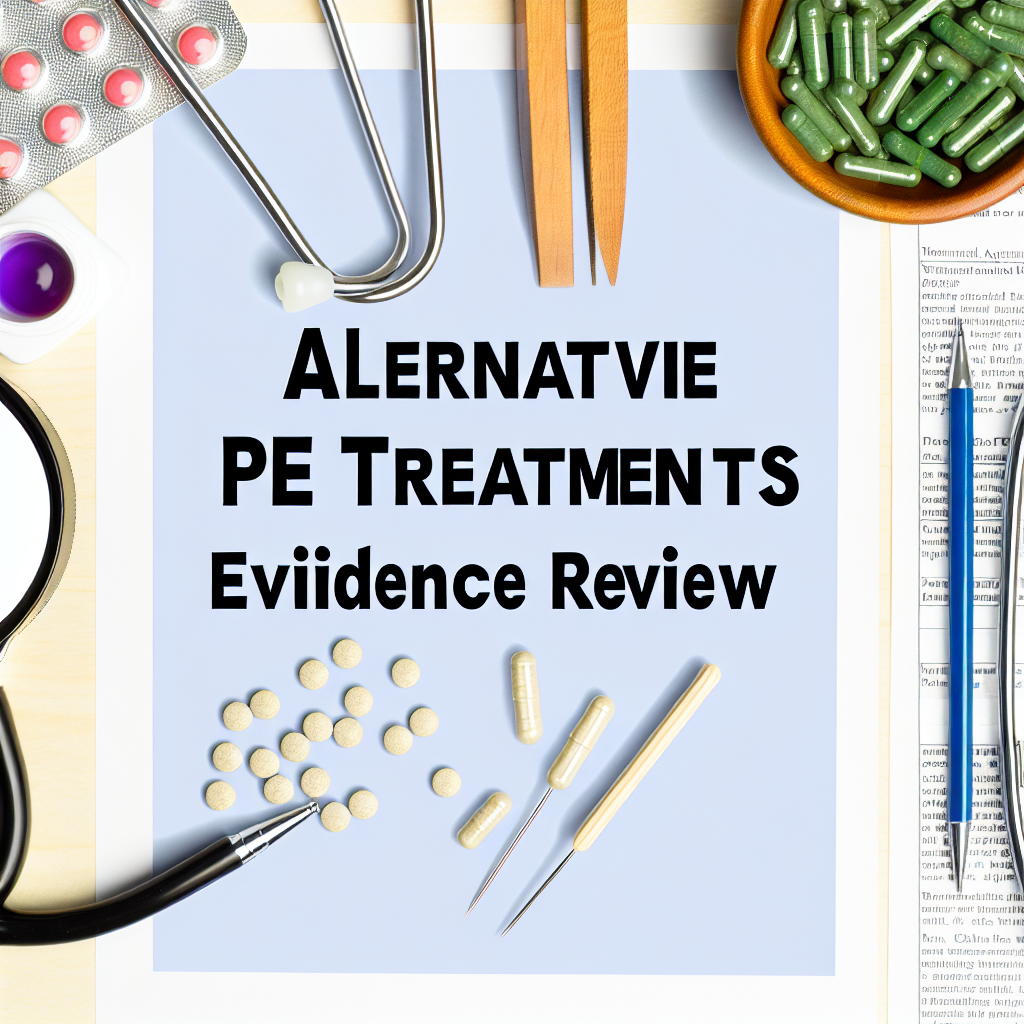ED Recovery: Post-Treatment Guide
Introduction: Regain Confidence & Improve Sexual Health
Erectile dysfunction (ED) affects millions of men across all age groups. While it is commonly associated with aging, factors such as stress, medical conditions, medications, and lifestyle habits also contribute to the problem. Luckily, modern treatments and lifestyle changes have made it possible to overcome ED and restore confidence in the bedroom.
Recovering from ED is a journey that requires patience, consistency, and a commitment to positive habits. Whether you’ve undergone treatment with medications, hormone therapy, penile devices, or surgery, post-treatment care is essential for lasting success. Additionally, lifestyle changes, diet, exercise, and mental well-being play a crucial role in maintaining improvements.
This guide provides actionable steps for sustaining erectile function, managing expectations, and enjoying a fulfilling sex life post-ED treatment.
Key Strategies for ED Recovery
1. Manage Underlying Health Conditions for Better Performance
ED is often a symptom of broader health issues such as diabetes, high blood pressure, obesity, and cardiovascular disease. Managing these conditions through regular medical checkups, medication, and a healthy lifestyle is crucial for maintaining erectile function. Work with a healthcare provider to regulate blood sugar, cholesterol, and heart health.
2. Boost Erections with the Right Diet
What you eat plays a significant role in sexual health. A diet rich in fruits, vegetables, whole grains, and lean proteins improves circulation and endothelial function. Additionally, foods high in antioxidants (berries, nuts), heart-healthy fats (olive oil, fatty fish), and zinc-rich options (oysters, pumpkin seeds) support nitric oxide production, essential for strong erections.
3. Stay Fit: Exercise Your Way to Better Performance
Regular physical activity enhances overall health and reduces ED symptoms. Cardiovascular workouts—such as jogging, cycling, and swimming—improve blood flow, while resistance training and pelvic floor exercises (Kegels) strengthen muscles involved in erections. Studies show that aerobic exercise reduces ED symptoms by enhancing vascular and heart health.
4. Use ED Medication Safely and Effectively
For those prescribed PDE5 inhibitors (Viagra, Cialis, Levitra), it’s important to follow dosage recommendations and avoid interactions with other medications (e.g., nitrates). If side effects occur, such as dizziness or vision disturbances, consult a doctor about alternative treatment options.
5. Manage Stress & Improve Mental Well-being
Psychological stress, anxiety, and depression can contribute to ED. Incorporating mindfulness techniques like meditation, deep breathing exercises, or therapy can significantly improve sexual function. Cognitive-behavioral therapy (CBT) is particularly effective in overcoming ED caused by performance anxiety or psychological stress.
6. Quit Smoking & Limit Alcohol for Improved Performance
Smoking constricts blood vessels and reduces blood flow, making it harder to achieve erections. Alcohol, when consumed excessively, can interfere with nerve function and sexual performance. Quitting smoking and reducing alcohol intake can significantly improve erectile health within months.
7. Consider Testosterone Therapy (If Needed)
Testosterone deficiency is a common factor in ED, particularly in older men. If lab tests indicate low testosterone levels, hormone replacement therapy (HRT) might be an option. However, this should only be done under medical supervision to prevent risks associated with testosterone therapy.
8. Strengthen Relationships with Open Communication
ED doesn’t only affect the individual—it also impacts relationships. Open and honest conversations with a partner about desires, concerns, and expectations can relieve pressure and enhance intimacy. Couples therapy or sex counseling may be beneficial for navigating emotional challenges related to ED.
9. Schedule Regular Check-ups with a Healthcare Provider
Consistent follow-ups with a doctor or urologist help monitor progress and adjust treatments if needed. If ED symptoms persist despite treatment, additional medical evaluations may uncover other contributing health conditions requiring attention.
Scientific Support: Studies on ED Recovery
Research has shown that lifestyle modifications and medical strategies significantly improve erectile function.
– A 2021 study published in The Journal of Sexual Medicine revealed that adopting a Mediterranean diet enhances erectile health by improving vascular and endothelial function. [Read Study]
– According to a 2018 article in The American Journal of Men’s Health, engaging in regular aerobic exercise can lower ED risk by up to 30%. [Read Study]
– A study in European Urology found that pelvic floor muscle training (Kegels) significantly improves ED symptoms, particularly in men recovering from prostate-related surgeries. [Read Study]
These studies highlight the critical role of nutrition, exercise, and targeted therapies in sustaining erectile function after treatment.
Conclusion: Achieve Long-Term Success in ED Recovery
Overcoming erectile dysfunction is not just about taking medication—it requires a holistic approach that integrates medical treatment, lifestyle modifications, mental well-being, and relationship building. By addressing underlying health conditions, improving daily habits, and following medical guidance, men can maintain erectile function and enjoy long-term sexual health.
Sustaining these improvements demands dedication, but the benefits go beyond the bedroom. Better blood circulation, reduced stress, and optimized hormone levels enhance overall well-being. Open communication and professional guidance strengthen recovery, ensuring ED remains a thing of the past.
Regardless of age, prioritizing sexual health enriches confidence, relationships, and overall quality of life. By implementing the strategies in this guide, men can reclaim control of their erections and enjoy a fulfilling sex life.
100 Word Summary:
Overcoming erectile dysfunction (ED) requires a comprehensive approach that goes beyond just taking medication. This guide outlines key strategies for sustained ED recovery, including managing underlying health conditions, adopting a healthy diet, exercising regularly, using ED medication safely, managing stress and mental well-being, quitting smoking and limiting alcohol, considering testosterone therapy if needed, and strengthening relationships through open communication. By following this holistic plan and working closely with healthcare providers, men can regain confidence, improve sexual health, and enjoy a fulfilling sex life long-term. The guide is backed by scientific studies demonstrating the effectiveness of these evidence-based approaches.

Dominic E. is a passionate filmmaker navigating the exciting intersection of art and science. By day, he delves into the complexities of the human body as a full-time medical writer, meticulously translating intricate medical concepts into accessible and engaging narratives. By night, he explores the boundless realm of cinematic storytelling, crafting narratives that evoke emotion and challenge perspectives. Film Student and Full-time Medical Writer for ContentVendor.com



